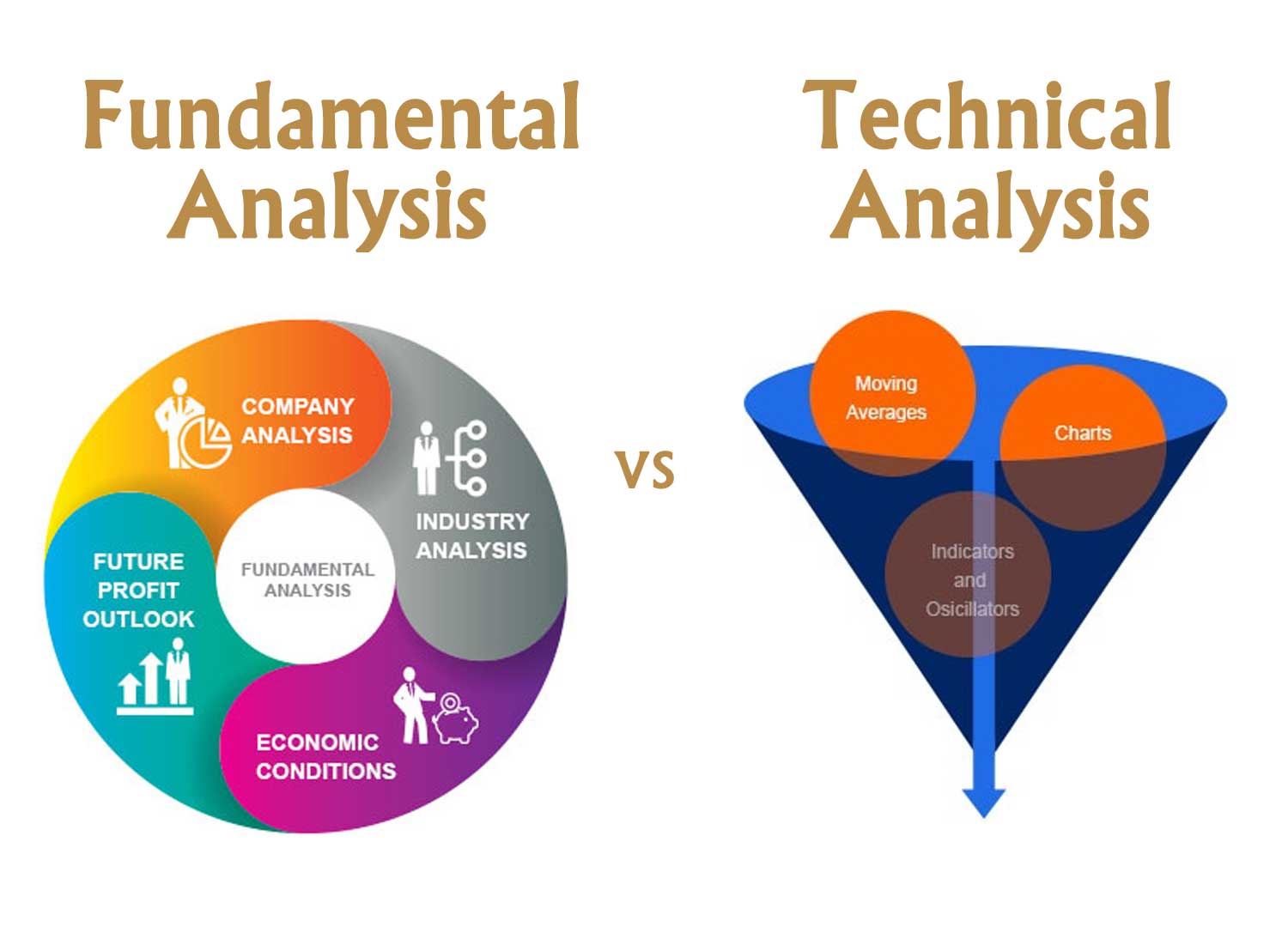The Indian Crypto Conundrum: A Timeline of the Government’s Crackdown
The Indian government’s relationship with cryptocurrency has been a rollercoaster ride, marked by oscillating regulations, pronouncements, and crackdowns. From early optimism to growing concerns, the narrative has shifted dramatically, leaving investors, enthusiasts, and the industry on edge. Here’s a comprehensive timeline of the key actions taken by the government and the Reserve Bank of India (RBI) towards cryptocurrencies:

2016:
April: RBI issues a circular cautioning banks against dealing in virtual currencies, citing potential money laundering and financial instability risks.
2017:
December: Finance Minister Arun Jaitley announces government’s plans to examine and regulate cryptocurrencies.
2018:
April: RBI reiterates its ban on banks dealing in cryptocurrencies, prohibiting them from providing any services related to them.
December: Government establishes an inter-ministerial committee (IMC) to study the legal and regulatory framework for cryptocurrencies.
2019:
July: IMC recommends a complete ban on all private cryptocurrencies, while the RBI expresses concerns about their impact on financial stability.
November: Finance Minister Nirmala Sitharaman announces plans to execute a regulatory framework for cryptocurrencies without explicitly endorsing or banning them.
2020:
March: Supreme Court strikes down RBI’s circular banning banks from dealing in cryptocurrencies, paving the way for crypto exchanges to resume operations.
2021:
April: Government imposes 30% tax on profits from cryptocurrency trading and 1% tax deducted at source (TDS) on all crypto transactions exceeding INR 10,000.
October: Government clarifies that cryptocurrency holdings will be subject to capital gains tax.

2022:
February: RBI issues guidelines for regulated entities regarding their exposure to virtual currencies.
March: Finance Minister Sitharaman reiterates concerns about crypto- currencies, hinting at a potential ban in the future.
July: Government levies 1% GST on cryptocurrencies, further adding to the regulatory burden.
2023:
February: Parliament considers a bill criminalizing the holding, mining, trading, or transferring of cryptocurrencies, raising concerns about a complete ban.
April: Government clarifies that cryptocurrency assets should be declared during income tax filing.
December: Financial Intelligence Unit (FIU) issues show-cause notices to major overseas crypto exchanges like Binance, Kraken, and Huobi, potentially blocking their access in India.

Beyond regulation:
2018:
RBI bans all credit card payments for cryptocurrency purchases.
2019:
Google bans cryptocurrency advertisements on its search platform.
2020:
Several banks restrict ATM withdrawals and fund transfers for cryptocurrency trading platforms.
Current Standpoint:
The government’s stance remains ambivalent, with mixed signals indicating both potential regulation and a complete ban.
The industry is in a state of flux, with investors facing uncertainty and exchanges struggling to navigate the complex regulatory landscape.
The future of cryptocurrencies in India hangs in the balance, awaiting a definitive policy decision from the government.
Conclusion:
The Indian government’s crackdown on cryptocurrencies has been a multi-pronged approach with regulations, taxes, and potential bans. While the motivations are primarily driven by concerns over financial stability and money laundering, the lack of clarity on the future of cryptocurrencies continues to cast a shadow over the industry. The coming months will be crucial in determining whether India embraces or outlaws this emerging asset class.
Disclaimer: This article is for informational purposes only and should not be construed as financial advice. Please consult with a qualified financial advisor before making any investment decisions.










